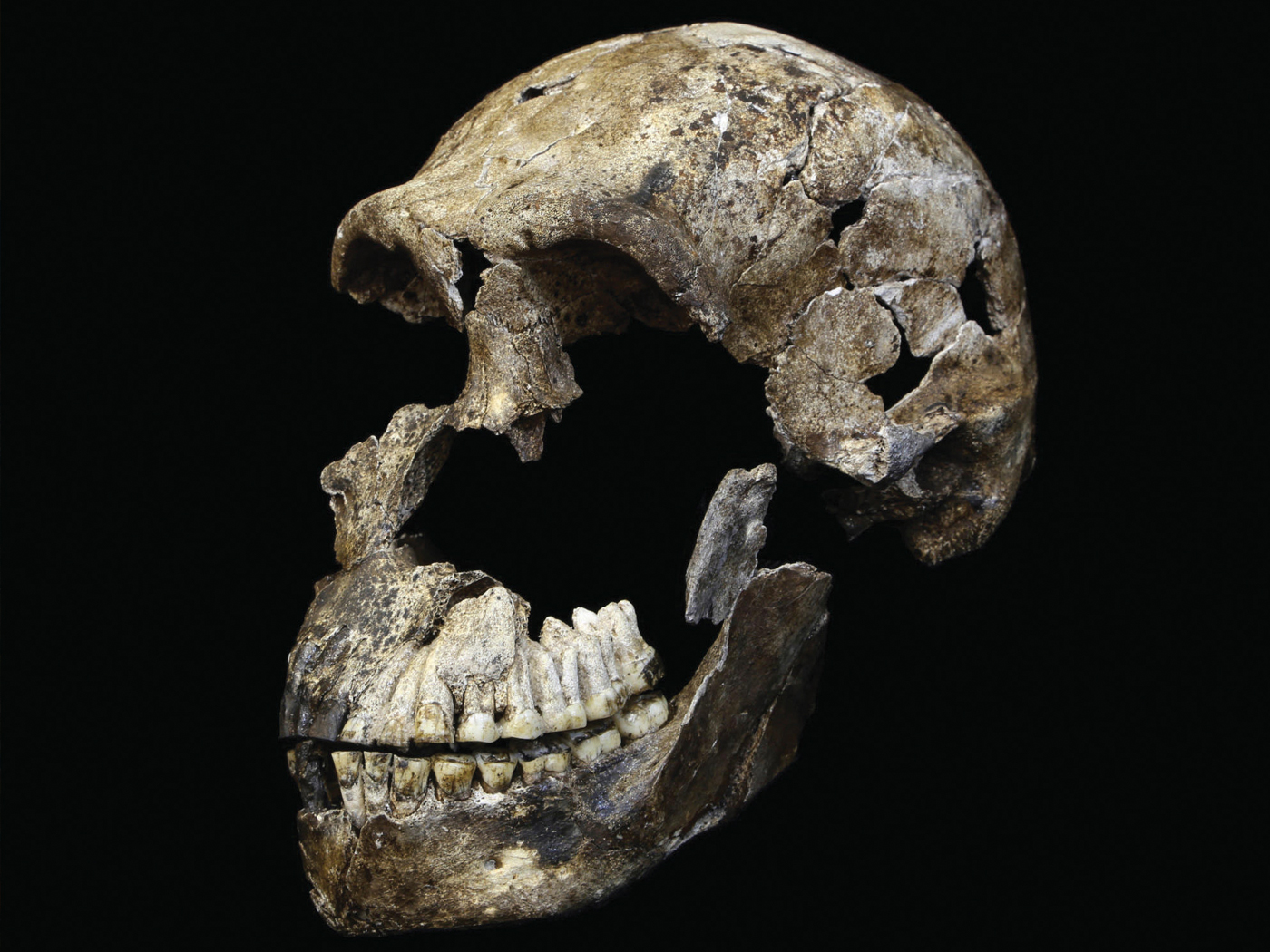Resurrection in the Old Testament
by Henry M. Morris, Ph.D.
"Thy dead men shall live, together with my dead body shall they arise. Awake and sing, ye that dwell in dust: for thy dew is as the dew of herbs, and the earth shall cast out the dead." (Isaiah 26:19)
Some have argued that the doctrine of a bodily resurrection was unknown to the Israelites of the Old Testament. In fact, this denial was a cardinal doctrine of the sect of the Sadducees at the time of Christ (Matthew 22:23).
Our text, however, makes it clear that this promise has always been known to the people of God. Long before Isaiah’s time, Job had said: "I know that my redeemer liveth, and that he shall stand at the latter day upon the earth: And . . . in my flesh shall I see God" (Job 19:25-26). After the time of Isaiah, the promise was still known. "Many of them that sleep in the dust of the earth shall awake, some to everlasting life, and some to shame and everlasting contempt" (Daniel 12:2). Such promises were not referring to some vague "immortality of the soul," as taught in pagan religions, but to resurrection of the body!
First, however, the Creator must become man, die for the sins of the world, and defeat death by His own bodily resurrection. In our text, in fact, Christ is saying that Old Testament believers would be raised "together with my dead body." This was literally fulfilled when "the graves were opened; and many bodies of the saints which slept arose, And came out of the graves after his resurrection, and went into the holy city, and appeared unto many" (Matthew 27:52-53). Then, when Jesus first ascended to heaven (John 20:17), He led those who had been in "captivity" in the grave with Him into heaven (Ephesians 4:8). All who have trusted Christ in the Christian era will likewise be raised from the dead when He comes again. He has defeated death and has promised, "because I live, ye shall live also" (John 14:19). HMM
This article was originally published July, 2010. "Resurrection in the Old Testament", Institute for Creation Research, https://www.icr.org/article/5409/ (accessed April 18, 2025).






